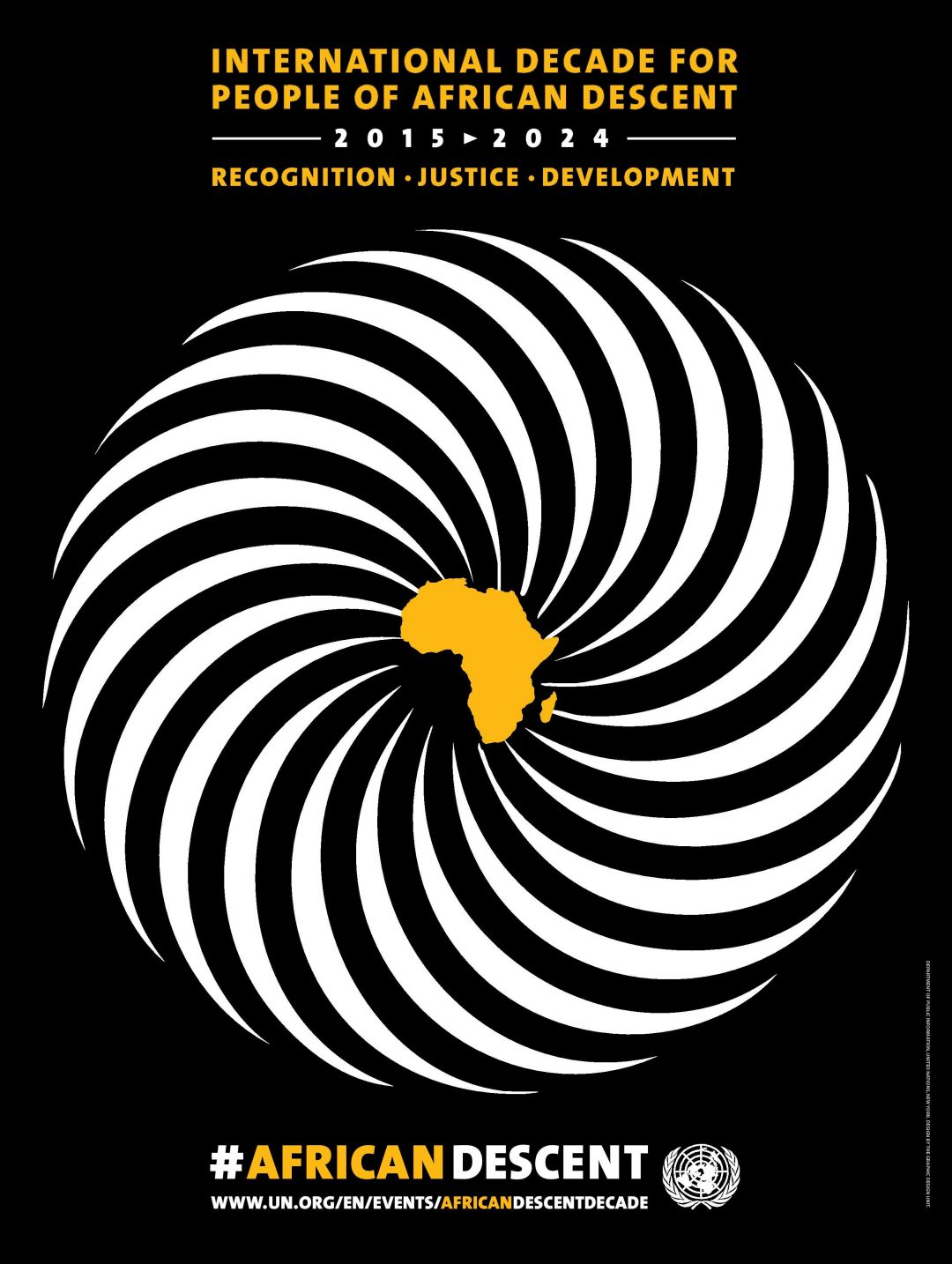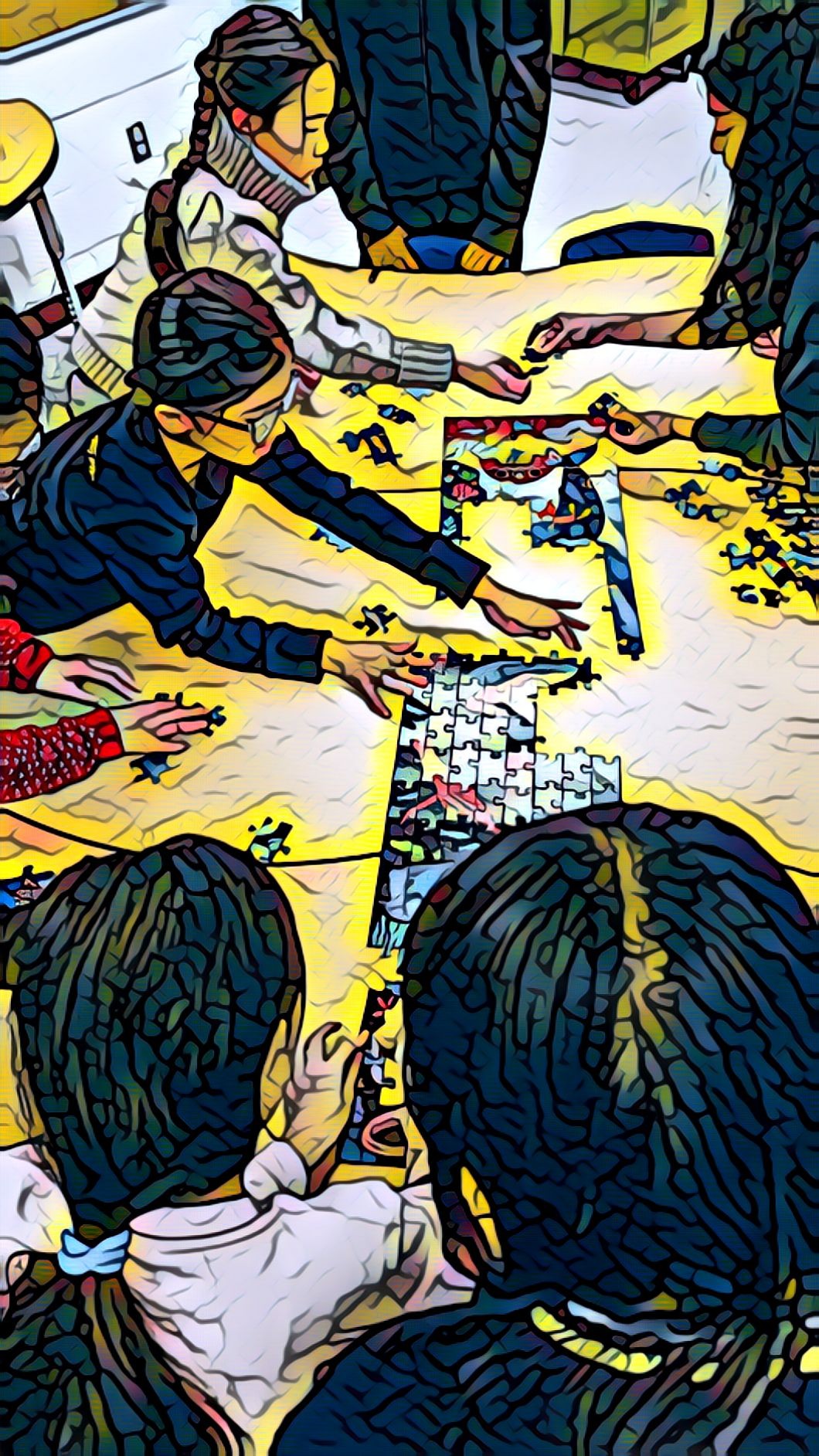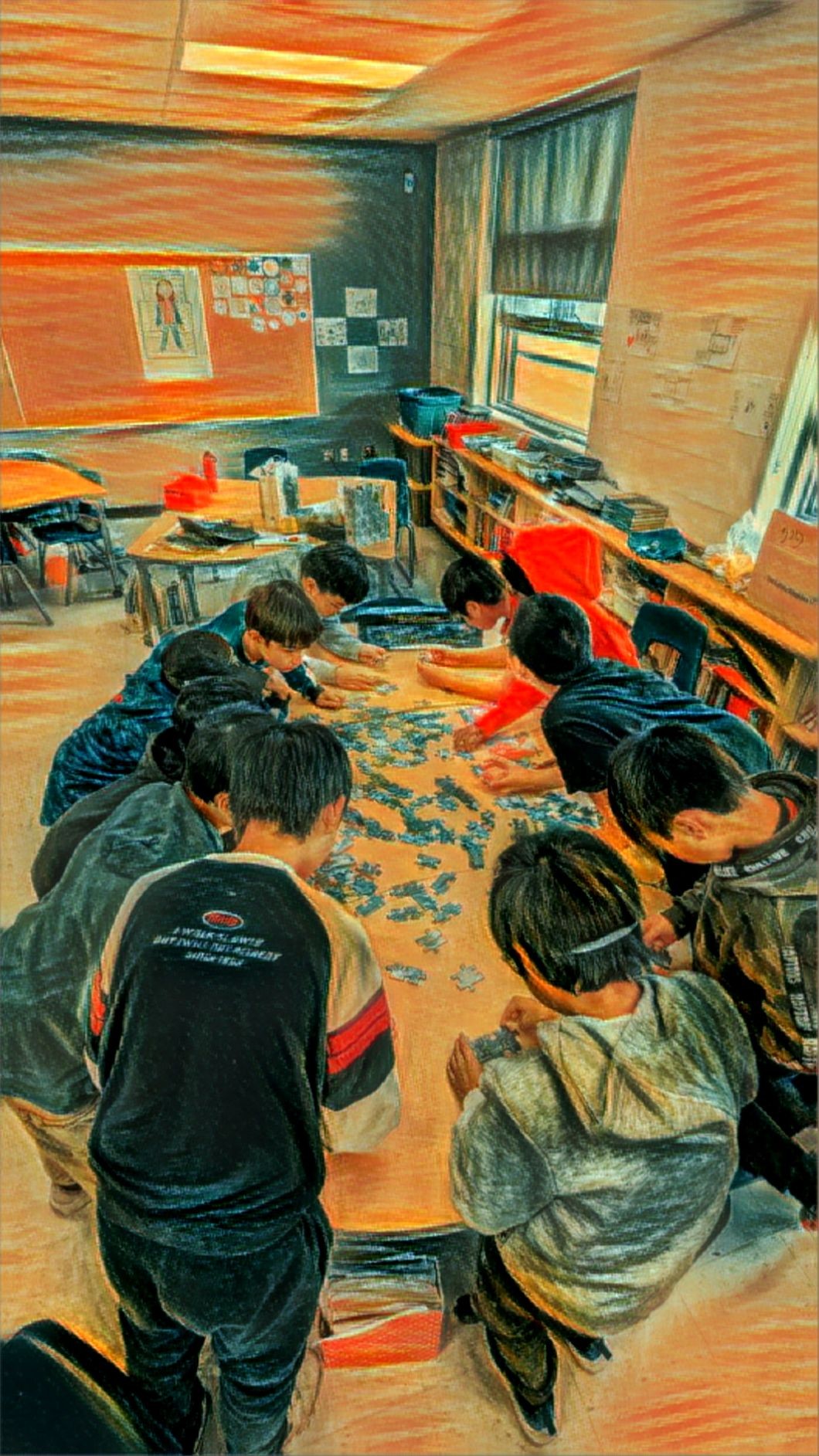Black Student Success programs play a crucial role in Ontario’s education system, providing tailored support to Black students who often face unique challenges. Educators involved with the programs are deeply connected to Black communities and serve as mentors and advocates, offering culturally responsive guidance that is vital for Black students’ academic and personal development.
One key importance of Black Student Success educators is their ability to create a sense of belonging and representation for Black students. In an education system where Black students are underrepresented among educators and administrators, these educators act as role models, demonstrating the possibilities of academic and professional success. This representation is critical for fostering a positive self-identity and encouraging students to aspire toward their goals.
Moreover, these educators offer intensive support that goes beyond academics. They address the holistic needs of Black students, including socio-emotional well-being, cultural affirmation, and resilience building. This comprehensive support system helps students navigate challenges such as microaggressions, racial biases, and other forms of discrimination that can hinder their educational progress.
Black Student Success educators also bridge the gap between schools and Black communities, fostering stronger relationships and better communication. By understanding and incorporating their students’ cultural contexts, these coaches can effectively advocate for necessary resources and support within the school system. This advocacy ensures that Black students receive equitable opportunities to succeed academically.
Black Student Success educators are indispensable in Ontario’s efforts to promote educational equity. Their culturally responsive mentorship and advocacy support individual student success and contribute to a more inclusive and representative education system, benefiting the broader community. This holistic approach ensures that students receive consistent encouragement and resources from all facets of their lives.
Next Steps for Educators to Engage with Students:
Educators should actively collaborate with Black Student Success educators to create inclusive learning environments that celebrate diversity and cultural richness. This collaboration involves integrating culturally responsive teaching practices into everyday classroom activities. Educators can start by diversifying their teaching materials to include perspectives and contributions from Black individuals and communities. They should encourage open discussions about race, identity, and social justice, creating safe spaces where students feel valued and understood.
By actively engaging with students, families, and community stakeholders, educators can contribute to building a more equitable and inclusive educational system where every student has the opportunity to thrive.
The program for Black Students is designed to provide intensive, culturally responsive support to Black students with the goal of improving their well-being and achievement. As intermediate students graduate and move to high school, they may be able to work with Black Graduation Coaches who can continue to work with students to demonstrate the possibilities of academic and professional success to promote Black Excellence.
Check out what these school boards are doing to promote Black Excellence:
YRDSB Black Excellence Program
TDSB Black Student Excellence Program




